Stanford Medicine researchers, after creating an AI-based algorithm to find complex structural variants in the human genome, learned those variants likely contribute to psychiatric disease.
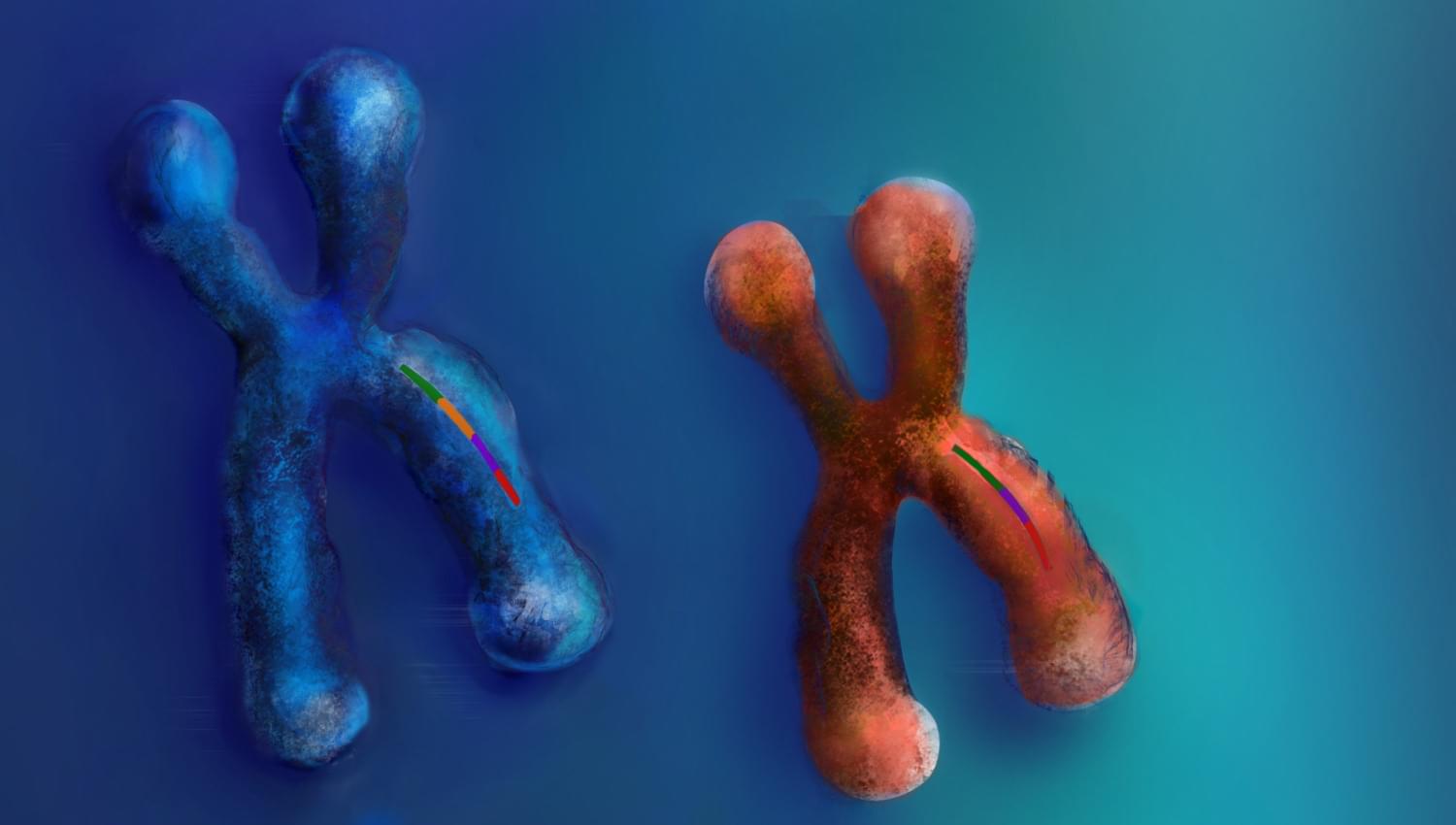


The interactions between light and nitroaromatic hydrocarbon molecules have important implications for chemical processes in our atmosphere that can lead to smog and pollution. However, changes in molecular geometry due to interactions with light can be very difficult to measure because they occur at sub-Angstrom length scales (less than a tenth of a billionth of a meter) and femtosecond time scales (one millionth of a billionth of a second).
The relativistic ultrafast electron diffraction (UED) instrument at the Linac Coherent Light Source (LCLS) at SLAC National Accelerator Laboratory provides the necessary spatial and time resolution to observe these ultrasmall and ultrafast motions. The LCLS is a Department of Energy (DOE) Office of Science light source user facility.
In this research, scientists used UED to observe the relaxation of photoexcited o–nitrophenol. Then, they used a genetic structure fitting algorithm to extract new information about small changes in the molecular shape from the UED data that were imperceptible in previous studies. Specifically, the experiment resolved the key processes in the relaxation of o-nitrophenol: proton transfer and deplanarization (i.e., a rotation of part of the molecule out of the molecular plane). Ab-initio multiple spawning simulations confirmed the experimental findings. The results provide new insights into proton transfer-mediated relaxation and pave the way for studies of proton transfer in more complex systems.
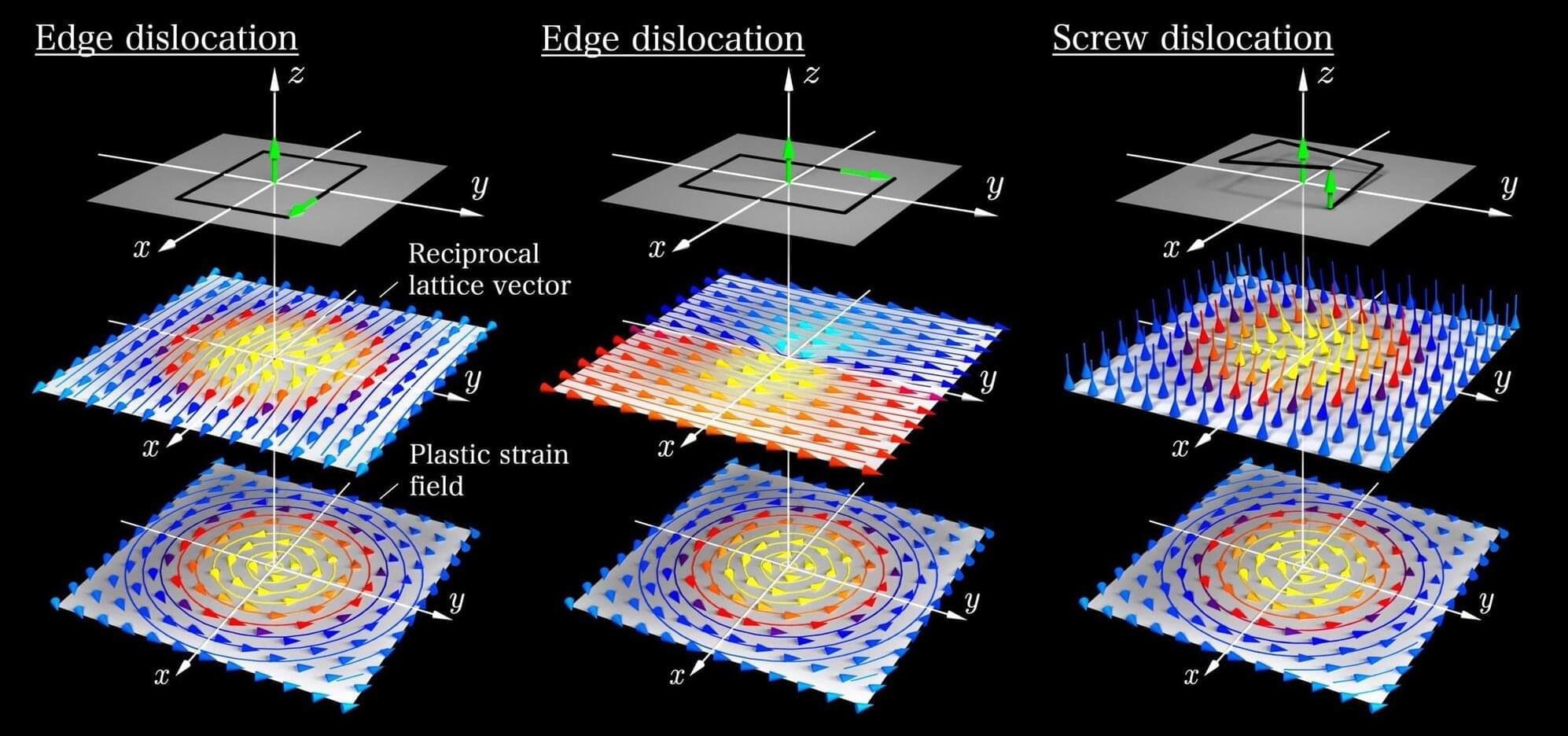
The key to this development is an AI-powered streaming method. By decoding brain signals directly from the motor cortex – the brain’s speech control center – the AI synthesizes audible speech almost instantly.
“Our streaming approach brings the same rapid speech decoding capacity of devices like Alexa and Siri to neuroprostheses,” said Gopala Anumanchipalli, co-principal investigator of the study.
Anumanchipalli added, “Using a similar type of algorithm, we found that we could decode neural data and, for the first time, enable near-synchronous voice streaming. The result is more naturalistic, fluent speech synthesis.”
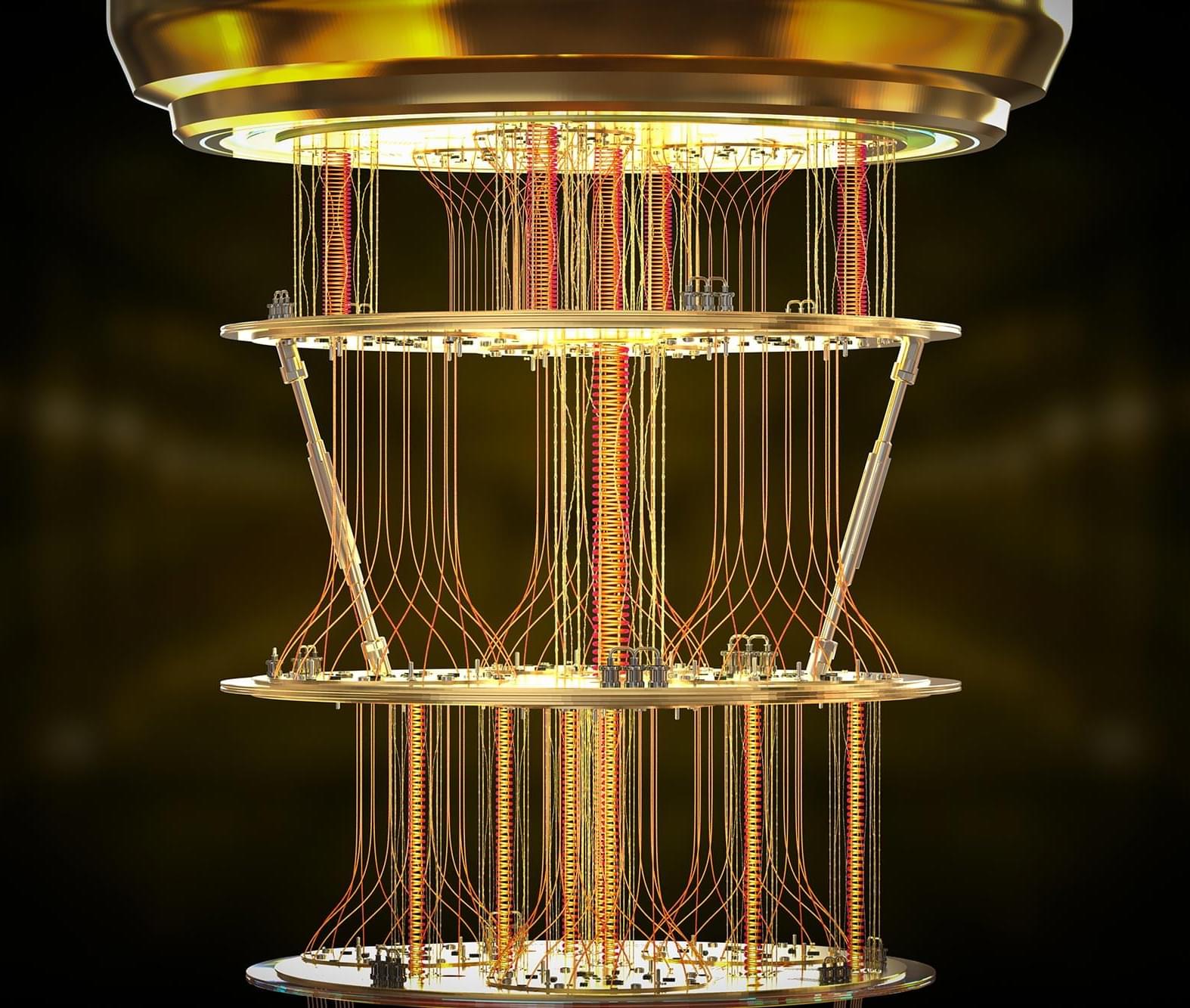

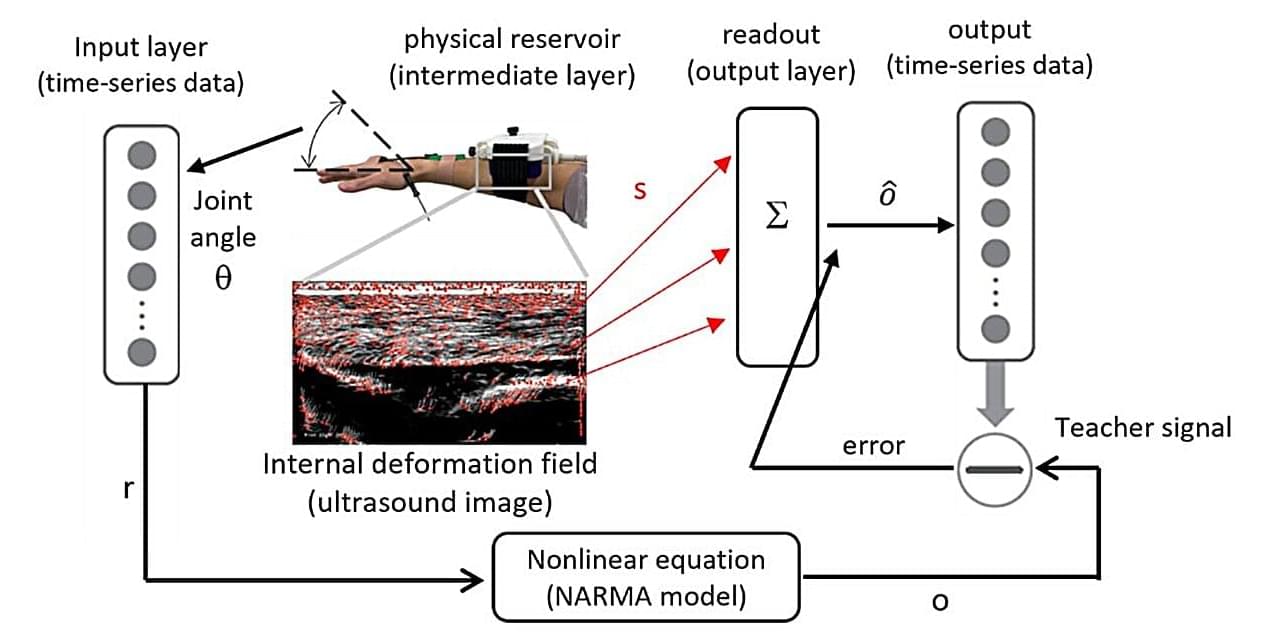
Most computers run on microchips, but what if we’ve been overlooking a simpler, more elegant computational tool all this time? In fact, what if we were the computational tool?
As crazy as it sounds, a future in which humans are the ones doing the computing may be closer than we think. In an article published in IEEE Access, Yo Kobayashi from the Graduate School of Engineering Science at the University of Osaka demonstrates that living tissue can be used to process information and solve complex equations, exactly as a computer does.
This achievement is an example of the power of the computational framework known as reservoir computing, in which data are input into a complex “reservoir” that has the ability to encode rich patterns. A computational model then learns to convert these patterns into meaningful outputs via a neural network.

In 1994 Miguel Alcubierre was able to construct a valid solution to the equations of general relativity that enable a warp drive. But now we need to tackle the rest of relativity: How do we arrange matter and energy to make that particular configuration of spacetime possible?
Unfortunately for warp drives, that’s when we start running into trouble. In fact, right away, we run into three troubles. And these three troubles are called the energy conditions. Now, before I describe the energy conditions, I need to make a disclaimer. What I’m about to say are not iron laws of physics.
They are instead reasonable guesses as to how nature makes sense. General relativity is a machine. You put in various configurations of spacetime, various arrangements of matter and energy. You turn the handle and you learn how gravity works. General relativity on its own doesn’t tell you what’s real and what’s not.
What if we told you AI just created the strongest light material known to humanity? This groundbreaking discovery could revolutionize everything from aerospace to everyday tech. In this video, we break down how artificial intelligence engineered this ultra-light, ultra-strong material—and why it changes the game forever.
Scientists have long searched for the perfect balance of strength and weight, and now, AI has cracked the code. Using advanced algorithms, researchers developed a material that’s lighter than carbon fiber but stronger than steel. Imagine planes, cars, and even buildings becoming more efficient and durable than ever before.
We’ll explore how this AI-designed material works, its potential real-world applications, and what it means for the future of engineering. From military tech to consumer products, this innovation could redefine entire industries. The best part? This is just the beginning of AI-driven material science breakthroughs.
How was this material invented? What makes it so strong yet so light? How will this impact future technology? Can AI design even better materials? This video answers all these questions and more. Don’t miss out on the science behind the next big leap in material engineering—watch now!
#ai.
#artificialintelligence.
#ainews.
*******************
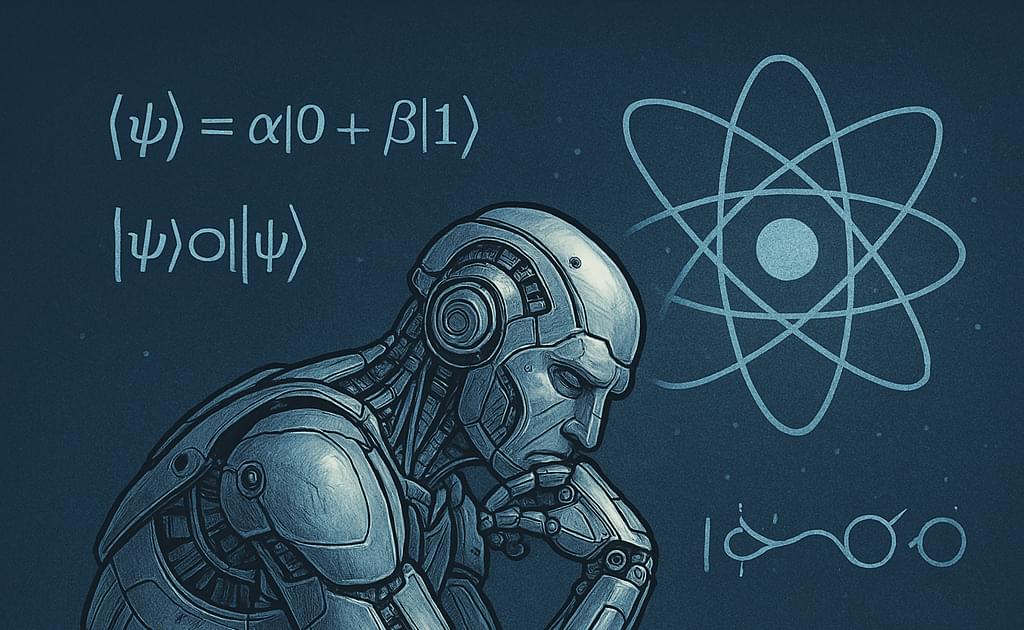
Quantum computers have recently demonstrated an intriguing form of self-analysis: the ability to detect properties of their own quantum state—specifically, their entanglement— without collapsing the wave function (Entangled in self-discovery: Quantum computers analyze their own entanglement | ScienceDaily) (Quantum Computers Self-Analyze Entanglement With Novel Algorithm). In other words, a quantum system can perform a kind of introspection by measuring global entanglement nonlocally, preserving its coherent state. This development has been likened to a “journey of self-discovery” for quantum machines (Entangled in self-discovery: Quantum computers analyze their own entanglement | ScienceDaily), inviting comparisons to the self-monitoring and internal awareness associated with human consciousness.
How might a quantum system’s capacity for self-measurement relate to models of functional consciousness?
Key features of consciousness—like the integration of information from many parts, internal self-monitoring of states, and adaptive decision-making—find intriguing parallels in quantum phenomena like entanglement, superposition, and observer-dependent measurement.